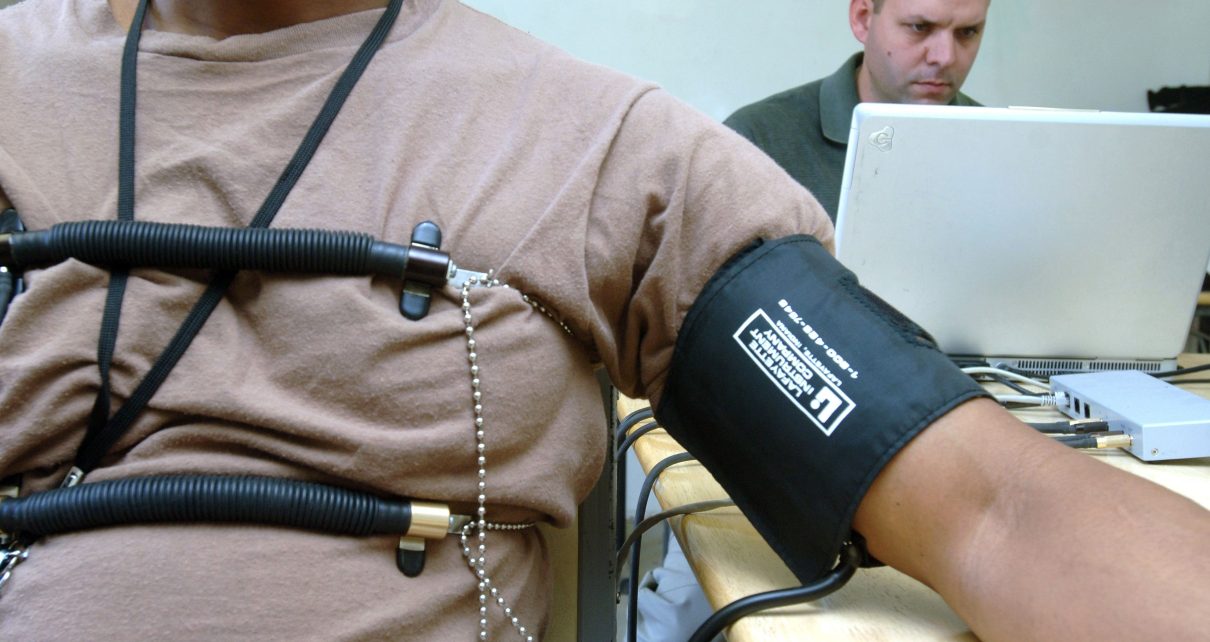
Lie detector tests, frequently depicted as dependable in famous media, are encircled by a haze of myths and confusions. To isolate truth from fiction,liedetectortest.com it’s urgent to comprehend the science that supports these gadgets and their constraints.
The component of Lie Detectors
Lie detectors, or polygraphs, measure physiological reactions that are believed to connect with double dealing. These reactions incorporate pulse, circulatory strain, breath rate, and skin conductivity. The polygraph records these physiological boundaries while an individual respond to a progression of inquiries.The basic guideline is that tricky responses produce recognizable changes in these physiological pointers because of stress or uneasiness. For instance, an individual might encounter an expansion in pulse or perspiring while lying. The polygraph records these progressions and thinks about them against gauge estimations taken while the individual is responding to unbiased inquiries.
Exactness and unwavering quality
The precision of lie detectors is a subject of extensive discussion. While defenders guarantee high precision rates, logical examinations present a more nuanced picture. Research shows that polygraphs can really depend on 90% precision in distinguishing misdirection, yet this figure isn’t all around settled upon. A few examinations propose that precision can be pretty much as low as 70% or even lower, contingent upon different variables, including the expertise of the inspector and the idea of the inquiries posed.

The Lawful and Moral Ramifications
The utilization of lie detector tests in lawful settings is disputable. Numerous locales don’t permit polygraph results as proof in court because of worries about their unwavering quality and the potential for abuse. Moral contemplations likewise emerge, especially with respect to the tension on people to step through these examinations and the translation of their outcomes.In work settings, while certain organizations use polygraphs for security or analytical purposes, others view their utilization as nosy or problematic. It’s significant for bosses and people to gauge the likely advantages and disadvantages prior to depending on polygraph results.
Lie detectors have interested liedetectortest.comthe general population and experts the same for quite a long time; however, their logical legitimacy and reasonable application stay petulant. Understanding the science behind lie detectors helps in valuing their likely advantages and impediments. While they can give experiences into physiological reactions, they are not idiotproof. Recognizing the intricacies included can prompt more educated choices in regards to their utilization in different settings.








